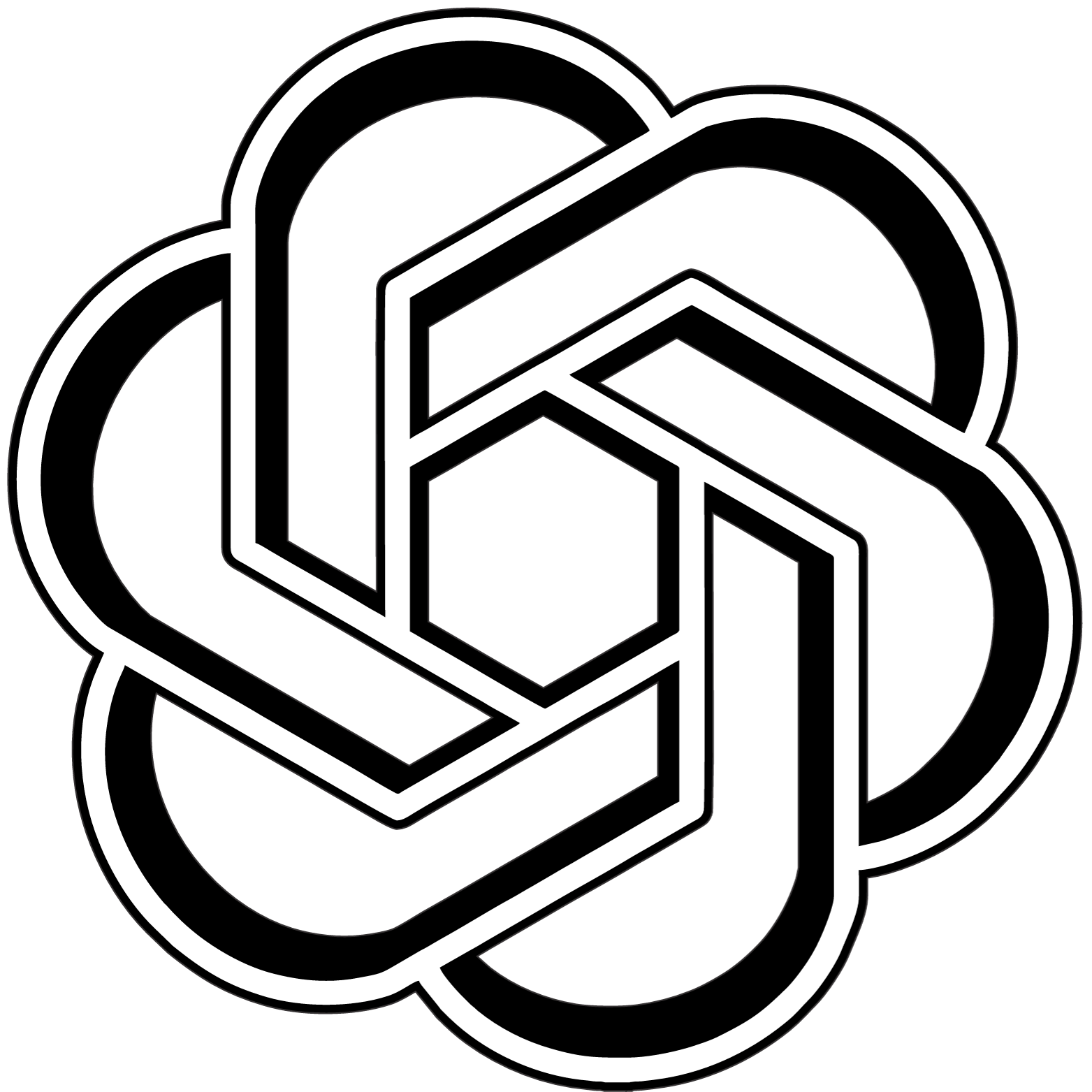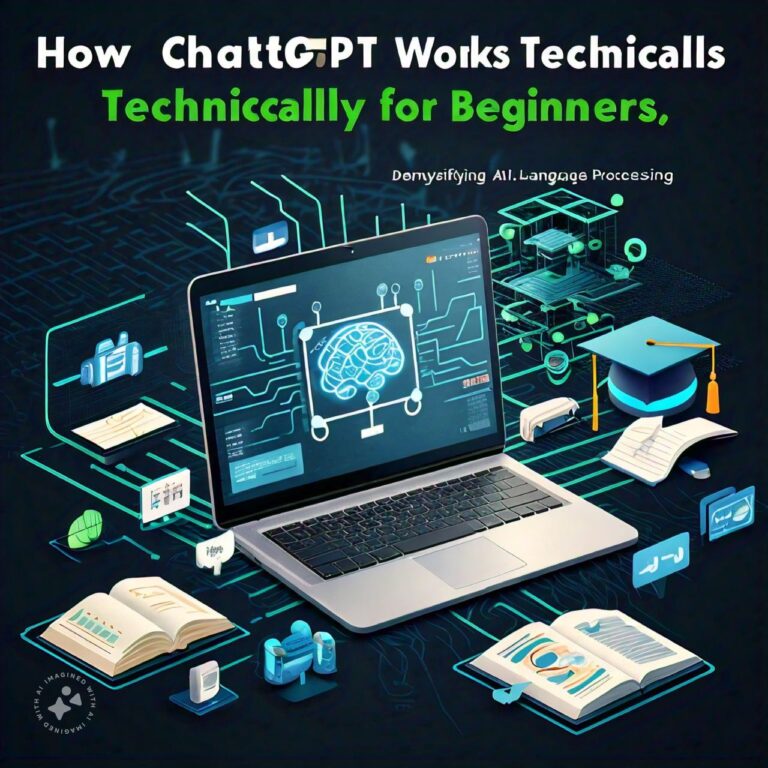Which ChatGPT Model is Best for Coding

In the realm of software development, the surge of artificial intelligence has profoundly reshaped how developers approach coding tasks. Within this innovative landscape, two leading models have emerged as frontrunners: OpenAI’s ChatGPT and Anthropic’s Claude AI. Each of these models brings its unique strengths to the table, particularly tailored for coding applications. However, determining which one is superior can be complex, depending on various factors like coding context, project requirements, and user preferences. In this article, we will delve deep into various aspects of these models, evaluating their performance, features, user experiences, and ultimate suitability for coding tasks.
Understanding the AI Landscape for Coding
To grasp the significance of ChatGPT and Claude, it’s essential to appreciate the context in which they operate. AI coding assistants are engineered to streamline development workflows, provide intelligent code suggestions, and enhance the overall efficiency of programmers. This concept has gained traction as developers increasingly rely on AI to tackle a wide array of coding challenges, from writing simple scripts to managing extensive codebases.
Both ChatGPT and Claude have garnered popularity among developers for their ability to generate code, debug issues, and offer valuable insights. However, there are key differences between them that can influence a developer’s choice. Let’s explore these distinctions, starting with the features that each model provides.
Features Overview
ChatGPT: Versatile Yet Limited
ChatGPT stands tall as a versatile AI model, capable of handling a multitude of tasks across various domains. It excels in conversational contexts, offering contextually relevant responses. Although ChatGPT has proven effective in coding applications, it faces limitations due to its shorter context window, which can impede its effectiveness with larger projects. Developers working on extensive applications or complex debugging tasks might find themselves at a disadvantage as the model struggles to remember previous interactions, leading to less coherent suggestions.
Moreover, it is important to recognize the continuous evolution of ChatGPT. OpenAI has made significant strides in improving its capabilities, introducing features such as internet browsing, which enables the model to fetch real-time information. However, this breadth of features may not be as beneficial to developers engaged in intricate coding tasks that require sustained context awareness and iterative improvements.
Claude: Specialized for Complexity
In contrast, Claude is engineered explicitly for coding tasks with a focus on providing advanced capabilities essential for handling larger projects. It shines particularly in its context handling, boasting a 200K token context window. This extensive memory allows Claude to retain and utilize information from earlier parts of a conversation, making it well-suited for generating relevant code suggestions across complex tasks. Developers often highlight this feature, noting that it significantly eases the debugging process and enhances productivity when working on substantial codebases.
Claude’s user interface has also been crafted with developers in mind. The recent introduction of features like “Projects” allows users to organize their coding sessions effectively. This cohesiveness improves collaboration among team members and fosters a more organized approach to coding tasks. The model also includes an “Artifacts” feature, which offers dedicated spaces for generated content, allowing users to preview code snippets and engage with the outputs dynamically.
The positive feedback Claude receives from developers often centers around its unique features tailored to the coding landscape. Many users feel that these attributes justify any additional costs associated with its use, particularly for projects demanding high-level expertise and consistent support.
Performance Benchmarks: A Comparative Analysis
Performance benchmarks play a crucial role in evaluating coding assistants like ChatGPT and Claude. The Aider LLM Leaderboards regularly assess various large language models based on their coding task performance, and Claude consistently ranks at the top across numerous use cases. The SWE-bench Verified framework further corroborates these results, providing a comprehensive evaluation of how different AI models perform in software engineering tasks. In these tests, Claude has outperformed other models, including GPT-4 and GPT-4o, which cements its reputation as a preferred choice among developers.
Claude’s prowess in coding is often attributed to its understanding of context and its advanced capabilities for data analysis. This allows it to handle complex projects with greater efficiency than its competitors. As developers have shared in various user forums, the difference in performance is particularly evident in extensive coding tasks where coherence and continuity matter significantly. Comments from users frequently highlight how Claude provides more consistent and relevant code suggestions, ultimately leading to improved code quality and reduced debugging time.
In conclusion, while both ChatGPT and Claude have their strengths, the performance benchmarks suggest that Claude is a formidable choice for developers seeking an AI model that excels in complexity and contextual understanding.
User Experience and Feedback: The Developer’s Perspective
A model’s success is often measured by user experiences and feedback, and this remains true for ChatGPT and Claude. The developer community has taken to various platforms to share their experiences, often praising Claude for its targeted approach to coding tasks.
One Reddit user noted, “Claude smokes GPT-4 for Python and it isn’t even close on my end,” describing their experience while working on an extensive Fusion 360 plugin. The anecdote underscores the advantages of Claude in environments where maintaining context across many lines of code is critical. Many developers echo similar sentiments, emphasizing that Claude’s superior instruction-following capabilities and reasoning skills make it the more effective option for high-stakes coding projects.
Conversely, while ChatGPT has its merits with general availability and feature diversity, numerous users have expressed frustrations regarding its limitations in maintaining context during lengthy coding dialogues. Some developers have reported inconsistent results when asking ChatGPT to build upon existing code, especially once they surpass a few hundred lines. This inconsistency can become detrimental in fast-paced development environments, where time is of the essence, and code quality cannot be compromised.
Ultimately, the sentiment among developers leans toward Claude being the better option for serious coding tasks, as the model’s design inherently aligns with the demands of modern development.
Future Developments in AI Coding Assistants
As artificial intelligence continues to advance, the future of AI coding assistants holds immense potential. Both OpenAI and Anthropic are likely to introduce enhancements and new features aimed at meeting the evolving needs of developers. These improvements might include even larger context windows, more sophisticated code generation algorithms, and capabilities tailored to specific programming languages and frameworks.
The importance of AI tools in software development cannot be overstated. As competition intensifies among various AI coding assistants, users can anticipate a plethora of innovative features aimed at improving productivity, efficiency, and the overall coding experience.
Future iterations may bring about transformative changes, enabling coders to harness AI in ways previously thought impossible. This progression will not only benefit individual developers but also foster collaborative environments where teams can thrive.
One can expect seamless integration of AI into existing development ecosystems, providing real-time feedback and support. Moreover, the specialization of AI coding assistants could lead to models designed for niche programming tasks, catering to the specific needs of various developer communities. As the landscape evolves, developers are encouraged to explore these advancements and consider how they can integrate them into their workflows for enhanced productivity.
Conclusion: Making the Right Choice for Your Coding Needs
In the end, selecting between ChatGPT and Claude boils down to an individual’s coding requirements and preferences. Both models offer valuable features and capabilities, yet they cater to different user needs. ChatGPT excels in versatility and general availability, making it a suitable option for casual coders or those requiring assistance across various domains. On the other hand, Claude stands as the ideal candidate for developers undertaking complex, large-scale projects that demand advanced context management and seamless collaboration.
As technology continues to evolve, the relationship between AI and coding will only grow stronger. Developers are encouraged to explore each model’s strengths and weaknesses, allowing them to make informed decisions that align with their project goals. Ultimately, embracing these AI tools can streamline workflows, enhance code quality, and empower developers to reach new heights in their craft.
Through thoughtful exploration and understanding, the right AI coding assistant awaits to elevate your programming journey, pushing the boundaries of what is possible in the ever-expanding world of software development. Embrace the change, experiment with the available tools, and unlock your full potential as a developer in this exciting era of innovation.






